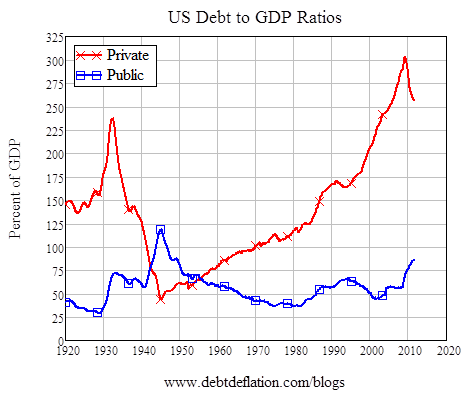CultureCitizen
Silver Member
- Jun 1, 2013
- 1,932
- 140
- 95
- Thread starter
- #41
Well , of course, that's why I used the self driving cars as an example.
The technology exists right now? yes
Is it business ready ? no.
Will it be business ready in ten years? yes.
This means that all those drivers should start trainning for a new job in the next five years, or else be laid off.
The problem is that I don't really see that the conditions are set for people retooling from drivers to healthcare or STEM.
Milton Friedman was a conservative economist by all measures, and yet he advocated for universal basic income. He said such income should never exceed the net minimum wage but should be enough to survive. In that way people would allways strive to get a job.
Now, per my proposal: 5,000 to every adult yields 1.2 T ( the reason to make it per adult and not per person is to avoid using kids as a source of income) currently the budget is 3.8 T, so yes this would need some sort of tax reform before before being enacted, or maybe in ten years 1.2T that amount will not be such a big percent of gdp as it is right now.
Self-driving cars are hazardous.
Everyplace where self-driving cars have been tried they have been banned.
Think about factory robots instead.
They don't make mistakes.
They don't belong to unions.
They just cannot think.
Although factory workers don't think much anyway either.
I did said clearly they were not business ready ( the driving cars), as robots, yes, indeed they have been increasing their numbers steadily , but by extrapolating their growth , I estimate it will take another decade before the real job shredding starts : 2035, give or take a couple of years.
So I say it is time to look at the posible consequences before another unemployment crisis hits us.

